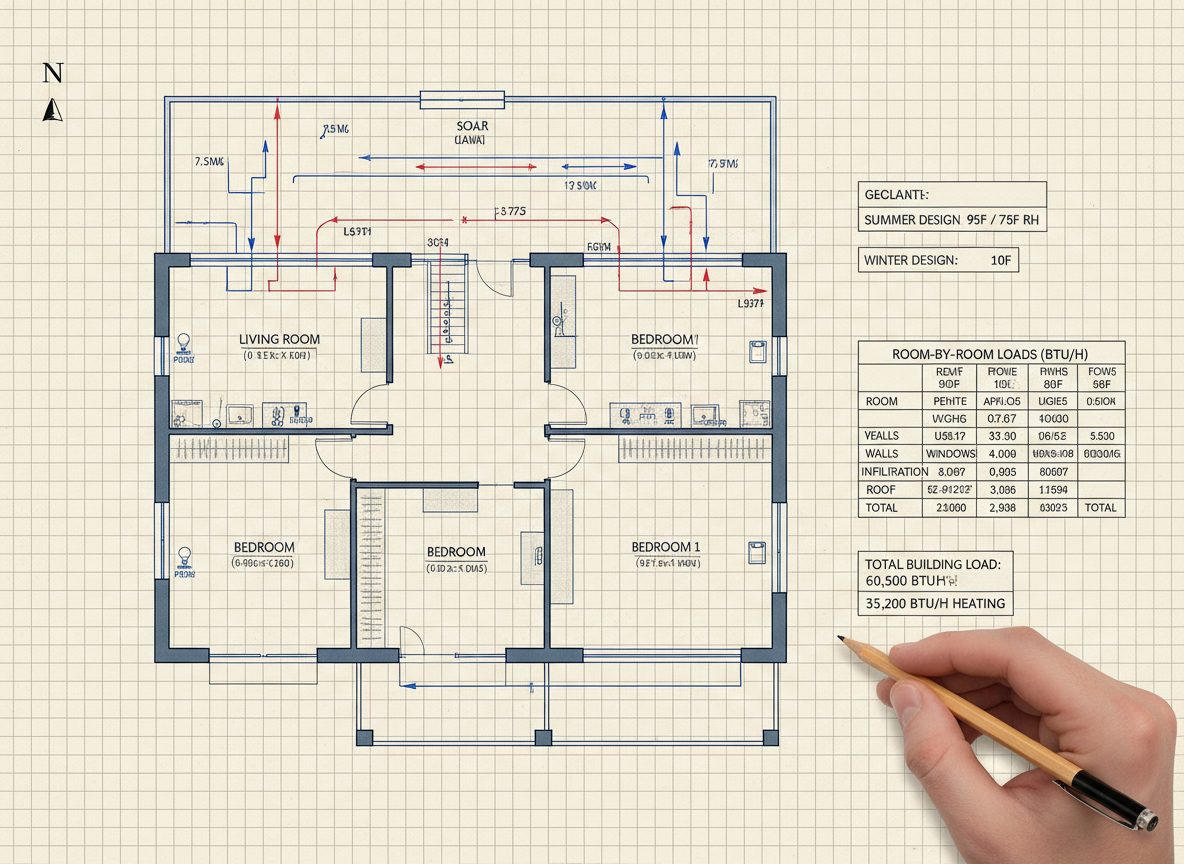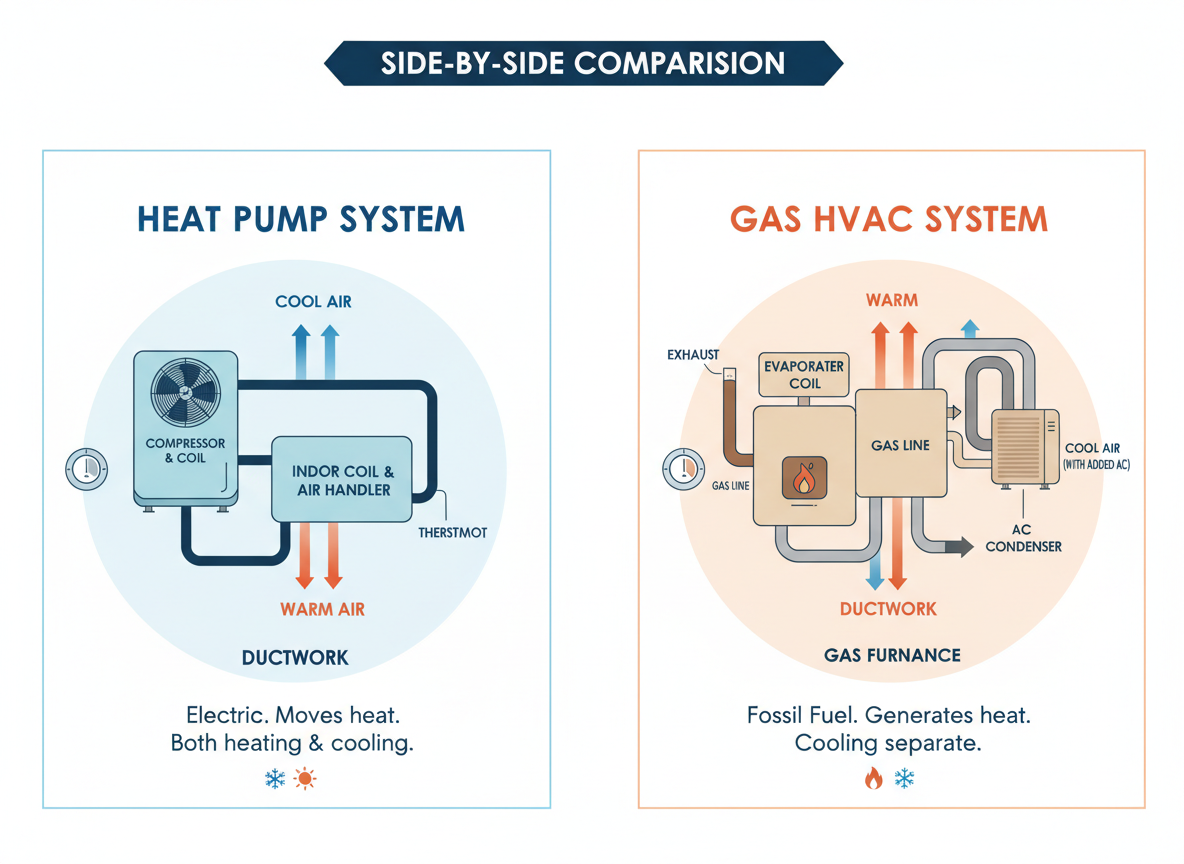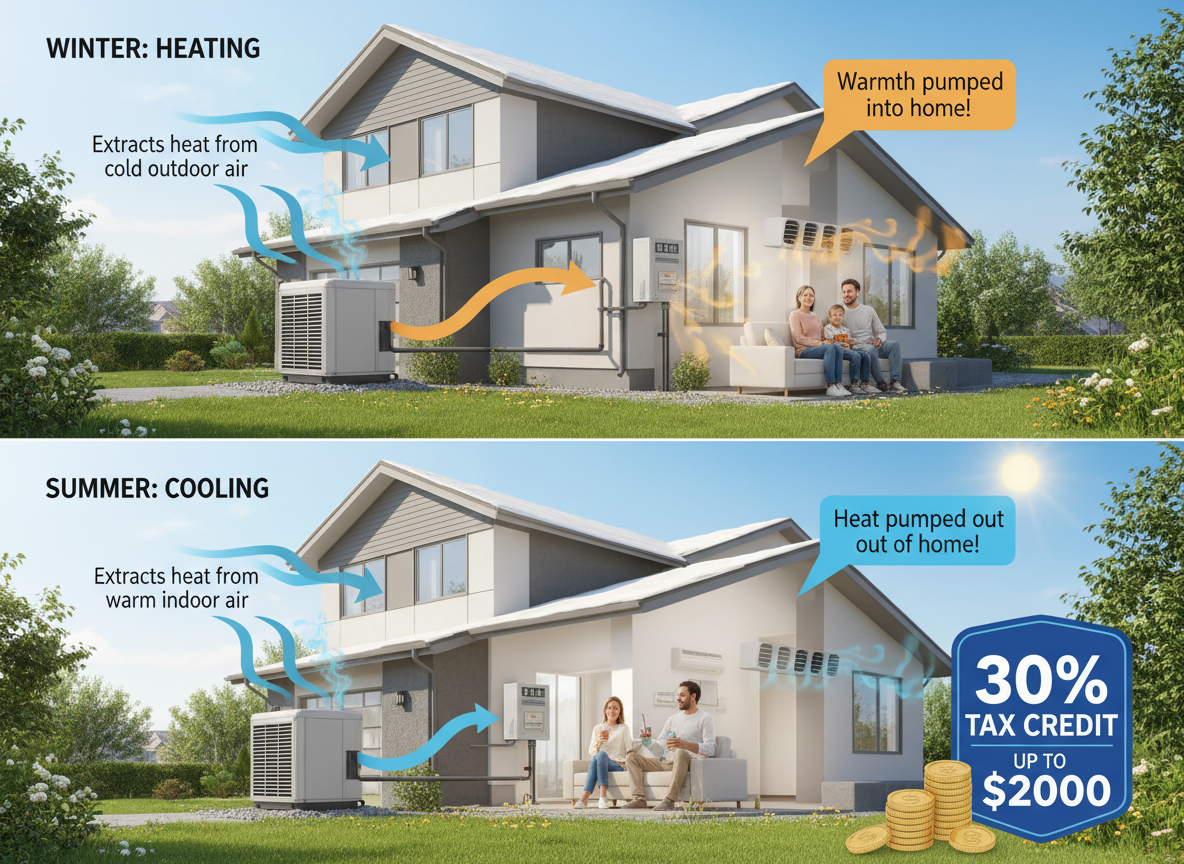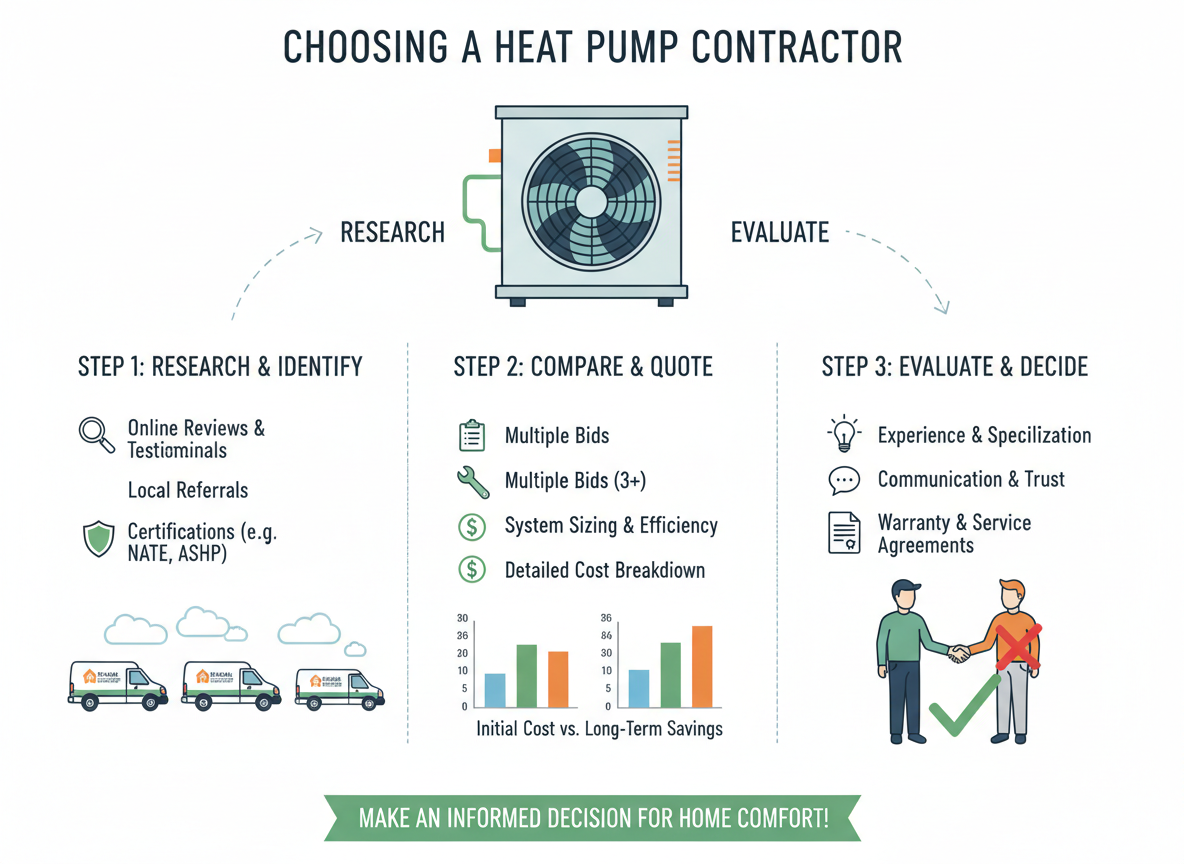
With the large selection of filters that are available for your HVAC system, you might feel a bit unsure of which one is best for your home. Filters are a major component of the system that help improve indoor air quality. They also provide the best defense against damage to the HVAC system. They remove or capture dust, dirt, pollen, and some allergens and bacteria from your home’s indoor air to improve the indoor air quality. Apart from selecting the correct size, you also need to follow guidelines based on your system. This in turn will ensure your system runs as efficiently and effectively as possible.
Furthermore, dirty filters can cause great harm to your system and lead to restricted airflow and cause efficiency to decrease. A good rule of thumb to follow is to check the filters every month and replace when dirty or at least every three months. The following pointers will help simplify the process and help you choose the best filter for your HVAC system.
Disposable vs Reusable Filters
Most HVAC filters are disposable, but there are reusable ones you can purchase that are washed in between uses. Although washable filters cost more upfront, in the long run they can save you money because you can reuse them several times. However, one major con of reusable air filters is having to remove, wash, and let them dry completely about once a month. Although they help reduce waste, most of these filters are not able to trap larger particles. Therefore, if you have household members who suffer from allergies or asthma it is best to use a disposable filter.
Pleated vs Non-Pleated Filters
Pleated filters last longer and are more efficient than non-pleated filters. This is because pleated filters contain a lot more surface to catch particles. They can also come with smaller pores to capture even the smallest of particles. As a result, pleated filters are a good choice for improving indoor air quality. Although non-pleated filters are less expensive, they are only most effective at capturing larger particles.
Filter Size
The next thing to consider is filter size. You will want to choose the right filter size for your HVAC system. Most systems require 1-inch thick filters, but there are some that require filters of a different thickness. The dimensions of the filter you buy have to be compatible with your HVAC system. Air filters must be the exact size needed, not an inch less or more. The filter has to be an exact match to keep dust, debris and other particles from entering your HVAC system. A thicker filter will last longer and may be more efficient, but your system will determine the filter thickness that you can use.
Electronic Air Cleaners
Electronic air cleaners capture a higher percentage of pollutants than flat or pleated filters. They remove dirt and debris by using an electrical field to trap the particles like a magnet. The trapped particles remain until the panels are cleaned. Keep in mind however that air cleaners become less efficient the more particles it has trapped. Electronic air cleaners do not use a MERV rating. You may have also heard of UV filters. These filters are usually built-in or can be added to electronic air filter. UV filters work by using UV light to kill bacteria and viruses.
HEPA Filters
High-efficiency particulate air otherwise known as HEPA filters block 99.97 percent of all particles 0.3 micron or larger. They are able to capture nearly everything including VOCs, bacteria and viruses. Keep in mind, HEPA filters usually require an additional fan to able to push air through the filter. If your system is not made to be used with a HEPA filter, the blower will not be enough.
Filter Efficiency
Every filter has a minimum efficiency reporting value or MERV rating. This number indicates how effective the filter is in removing airborne particulates. The lower the MERV rating the less efficient. The following is a general guideline of what the different MERV ratings capture.
MERV rating 1-4: Dust
MERV rating 5-8: Pollen, dust mites and mold
MERV rating 8-16: VOCs, harmful odors (typically these filters will include a carbon layer).
MERV rating 13-17: bacteria, tobacco smoke
MERV rating 15-20: Typically, these are HEPA filters that are able to remove viruses.
It is important to keep in mind that although filters with MERV ratings 13 to 16 are able to capture the most contaminants from the air, their small pores can restrict air flow. Always check your system to determine the right MERV rating to use, so your system does not overexert itself causing a decrease in efficiency. Also, remember to check that the filter captures what you need it most for MERV ratings and what they capture are not uniform across different manufactures.
Whole-Home Air Purifiers
If your home frequently has issues with contaminants such as mold or pollen then you might want to look into something more than a filter. A whole-home air purifier works with your HVAC system to capture particulates larger than 0.3 micron. Whole home air purifiers can remove almost everything from your indoor air and can kill bacteria and viruses. They are beneficial in increasing the longevity of your HVAC system.
Call us at (818) 341-3406 or contact us online if you are ready to improve your indoor air quality. We are more than happy to assist you in determining a maintenance plan that works best for your home. To learn more about services we offer, please visit our homepage.






















.png)














